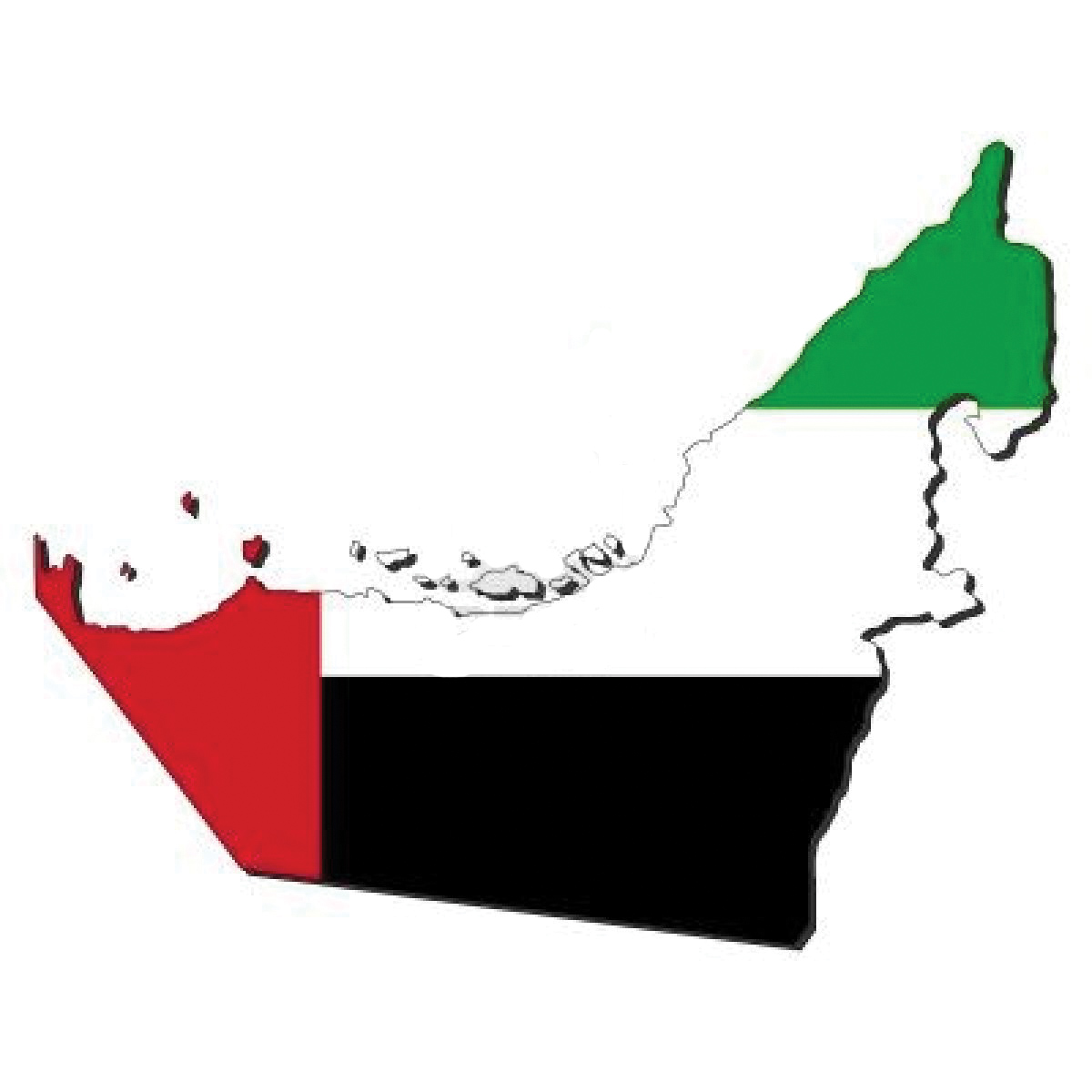Public assemblies in Egypt are often a source of concern for the safety of women on the streets. The religious celebration of Eid Al-Fitr, at the end of the holy month of Ramadan, has been associated with the idea of sexual harassment of women, ever since an outraging group incident in 2006 in Cairo.
Movie theatres, parks and squares have been identified as places where women face sexual assaults, whether physical or verbal. Sexual harassment during Eid times reached a peak of violence.
Last October, a 17-year-old boy was killed in a street fight for defending a group of girls subject to sexual harassment in the governorate of Damietta in Eid Adha.
“Sexual harassment happens more in urban areas than popular or rural districts, and in locations of public groups,” Major Mohamed Zakaa, head of the Internal Activites Department at the Vice Squad Authorities told Daily News Egypt ahead of Eid, which will begin Friday.
Zakaa explained there would be a security plan to confront sexual harassmnent on the streets in Greater Cairo, according to coordination between the security directorates of Giza, Cairo and Qaliubiya, as well as internal departments in the ministry of Interior: the human rights’ and the anti-violence against women.
Major Manal Atef, head of the latter, refused to give press statements unless a written request was sent to the communications department at the ministry. However, she spoke to OnTV channel Tuesday, saying that any man who says the least offensive comments to any woman would face prison.
Atef provided three phone numbers on air as emergency lines available 24 hours for sexual harassment victims. Nonetheless, Daily News Egypt tried all of them on Wednesday afternoon, and received no response.
“If he touches her, jail is from five to seven years,” she added, stressing on the importance of female police officers in the streets. Yet, Zakaa asserted that they cannot be present the streets without the protection of male officers.
Moreover, in response to a demand raised by the ‘I Saw Harassment’ intiative, Zakaa said it would not be practical to help victims file police reports at the location of the incident. “Imagine how uncomfortable the victim would feel while an officer is questioning her about sexual harassment, and everybody watching,” he said.
Regarding complaints from civil society groups on the treatment of sexual harassment victims, Zakaa admitted that before, police officers used “rude and offensive words”.
“We currently follow strict regulations to deal responsibly and guarantee victims’ privacy, with the questioning preferably to be conducted by the chief of the police station or his deputy, in a closed office,” Zakaa said.
Zakaa concluded that “accurate arrests, based on information not randomness, will achieve positive results in preventing the crime of sexual harassment.

